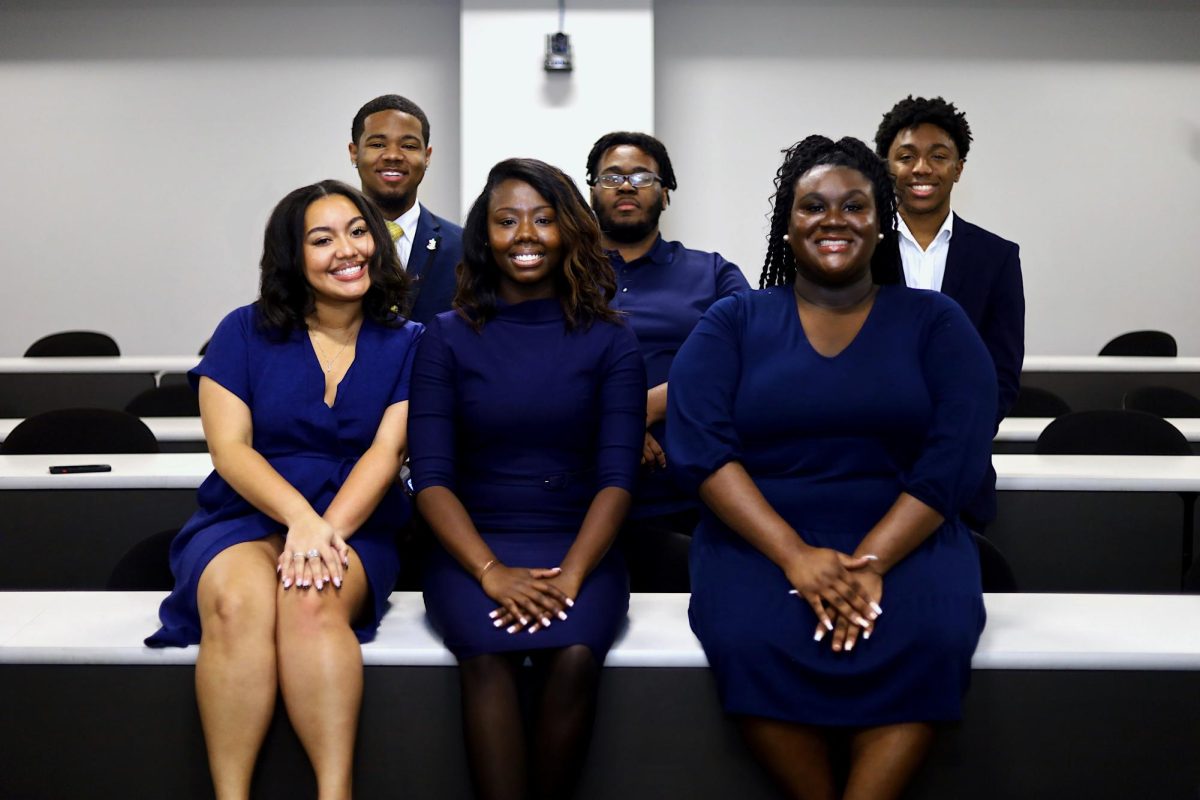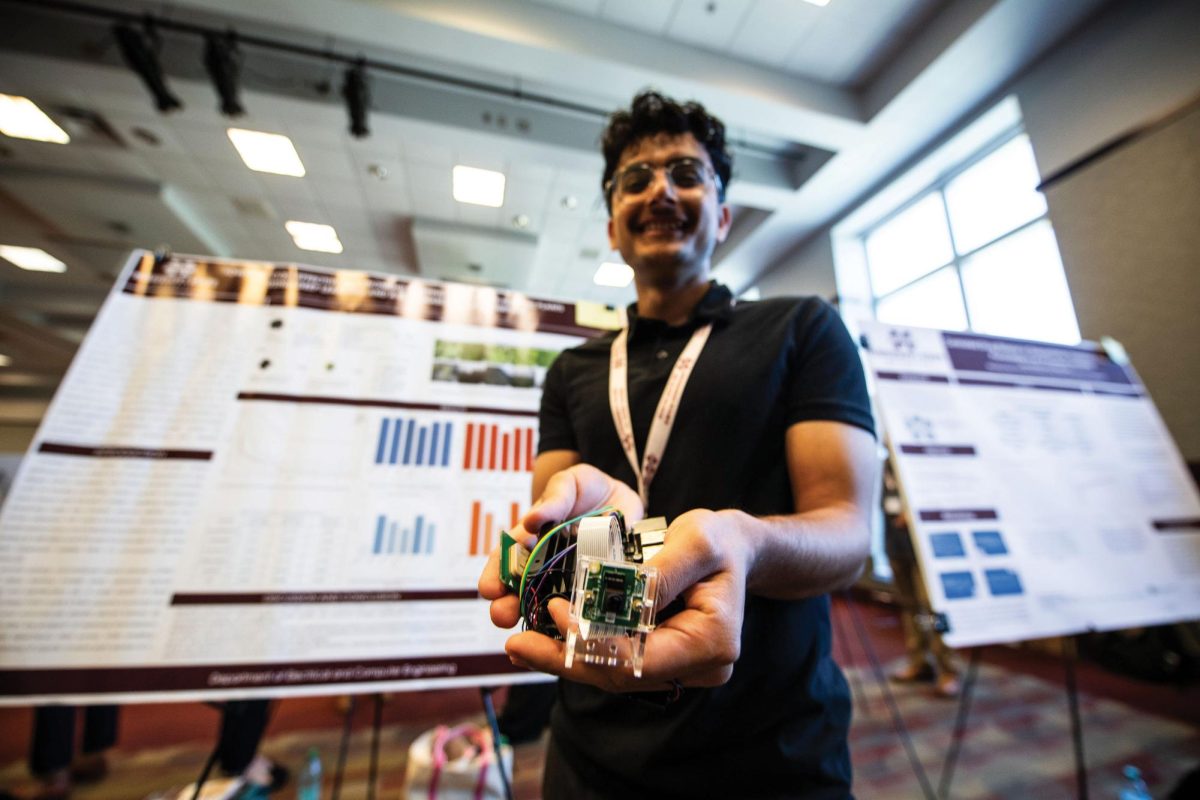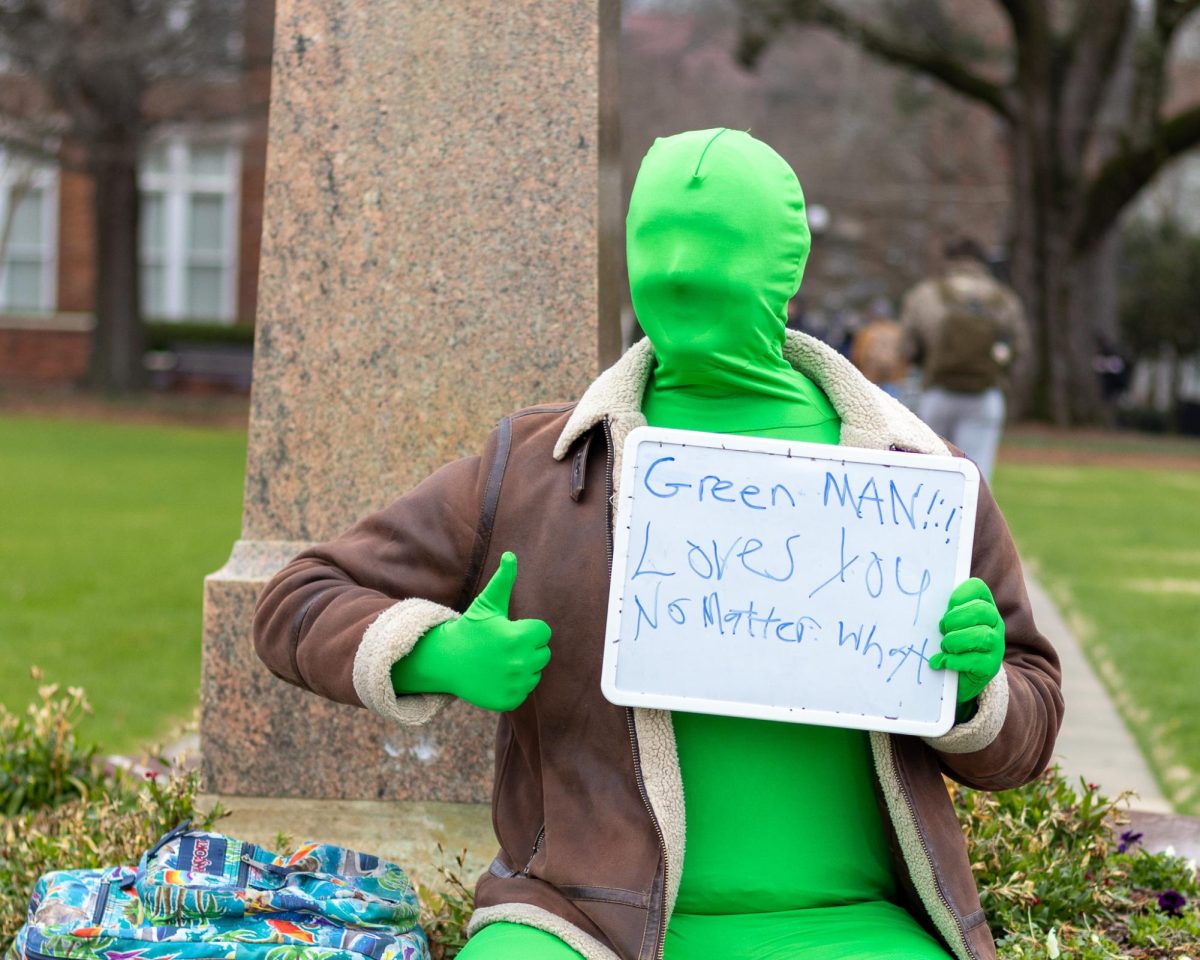As Black History Month continues, clubs and organizations across campus are doing their part to educate the public about both the Black community and about unity. One such organization, the National Association for the Advancement of Colored People (NAACP) has stood as the beacon for a unified campus.
Founded in 2008, the MSU Chapter of NAACP upholds their service initiative and conducts events that raise awareness on issues in both the Black community and the Starkville community at large. With 120 registered members, MSU’s NAACP Chapter is one of the largest student organizations on campus.
Last week, the NAACP hosted their annual NAACP Week in celebration of Black History Month. They worked with the Starkville community to host several events such as the History of the Black Church convocation, during which in-depth conversations were held about the role of the church in the African American community.
The NAACP also hosted a drug awareness seminar, a tabling event in the Mitchell Memorial Library to educate students on the history of the NAACP, a flash mob fashion show showcasing different artists across campus and several other events that helped bolster the NAACP’s service-oriented goal.
Current chapter president, Christian Armour, has led the organization to new heights after being inspired to step into the leadership role.
“Being a member means joining the initiative that our organization has and our goals that bisect with our leaders in our organization. You become a member of the same fight that we all have to better our community,” Armour said.
Under Armour’s leadership, the organization continues to grow and provide service opportunities to students of diverse backgrounds.
Rucell Harris, a graduate assistant for the Holmes Cultural Diversity Center and faculty advisor for the organization, noted the organization’s mission as one of holistic inclusion.
“The NAACP acts as an advocate for students all over campus,” Harris said.
Harris would go on to note the importance of history to the organization’s mission.
“We try to foster Black history and history in general, and how that fits in American history as well,” Harris said.
Harris went on to state that as the collegiate chapter of the NAACP, the organization’s focus is to promote diversity, equity and inclusion in all aspects of life, especially where those factors are threatened.
The NAACP also houses three committees, each of which act individually in service of the greater body including the Community Service Committee, the Public Relations Committee and the Finance and Fundraising Committee. Each facet of the organization works to uphold the NAACP’s mission of a unified campus and to maintain the organization’s values of equity and inclusion.
However, while the NAACP advocates for change and inclusion, chapter president Armour would note that there are still issues that need addressing on campus. Armour honed in on two of the specific issues that affect students of diverse backgrounds.
“Mississippi State prides itself on wanting diversity and inclusion, and the only problem I see is not a lot of diversity in our faculty. The first time I had an African American teacher was last semester when I had an African American studies class,” Armour said.
Armour stated that while the community of students is diverse, the professional faculty must reflect a wide array of ethnic backgrounds.
Armour would go on to further note that the school’s new policies on housing may be less than inclusive to students of diverse backgrounds.
“I moved off campus before it [the lottery system] started, I feel like it’s not giving students a fair opportunity at living on campus. The majority of students may not be able to afford to live off campus, some may not have the access to transportation,” Armour said. Armour hopes that his work with the NAACP and advocation for fair housing initiatives for students will help to alleviate some of the inequalities that affect students both on and off campus daily.
Graduate assistant Rucell Harris, along with Armour, noted that while change is needed at MSU, the university has done a wonderful job of listening to the organization’s concerns.
“Mississippi State does a great job as far as making sure the NAACP is being heard. Whether it be from the perspective of Mark Keenum or our vice president Ra’Sheda Forbes,” Harris said, noting that both do a great job of implementing the NAACP with what happens at Mississippi State University.












